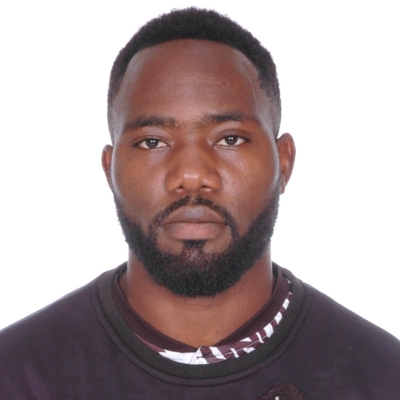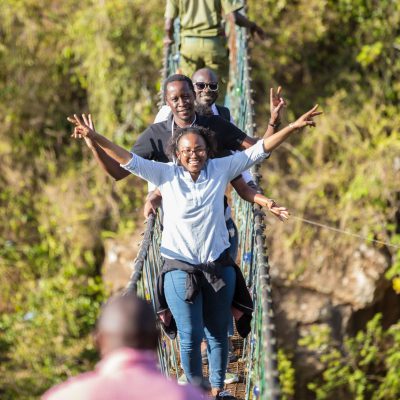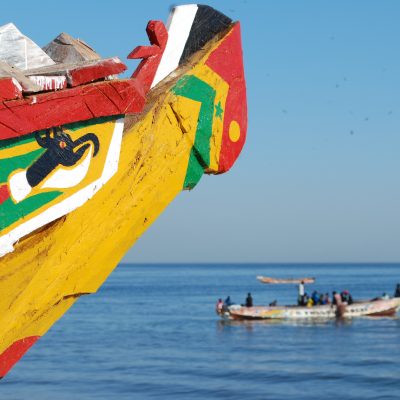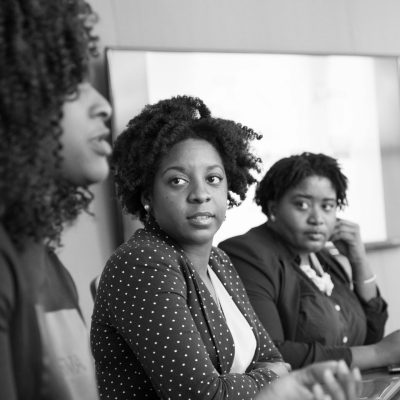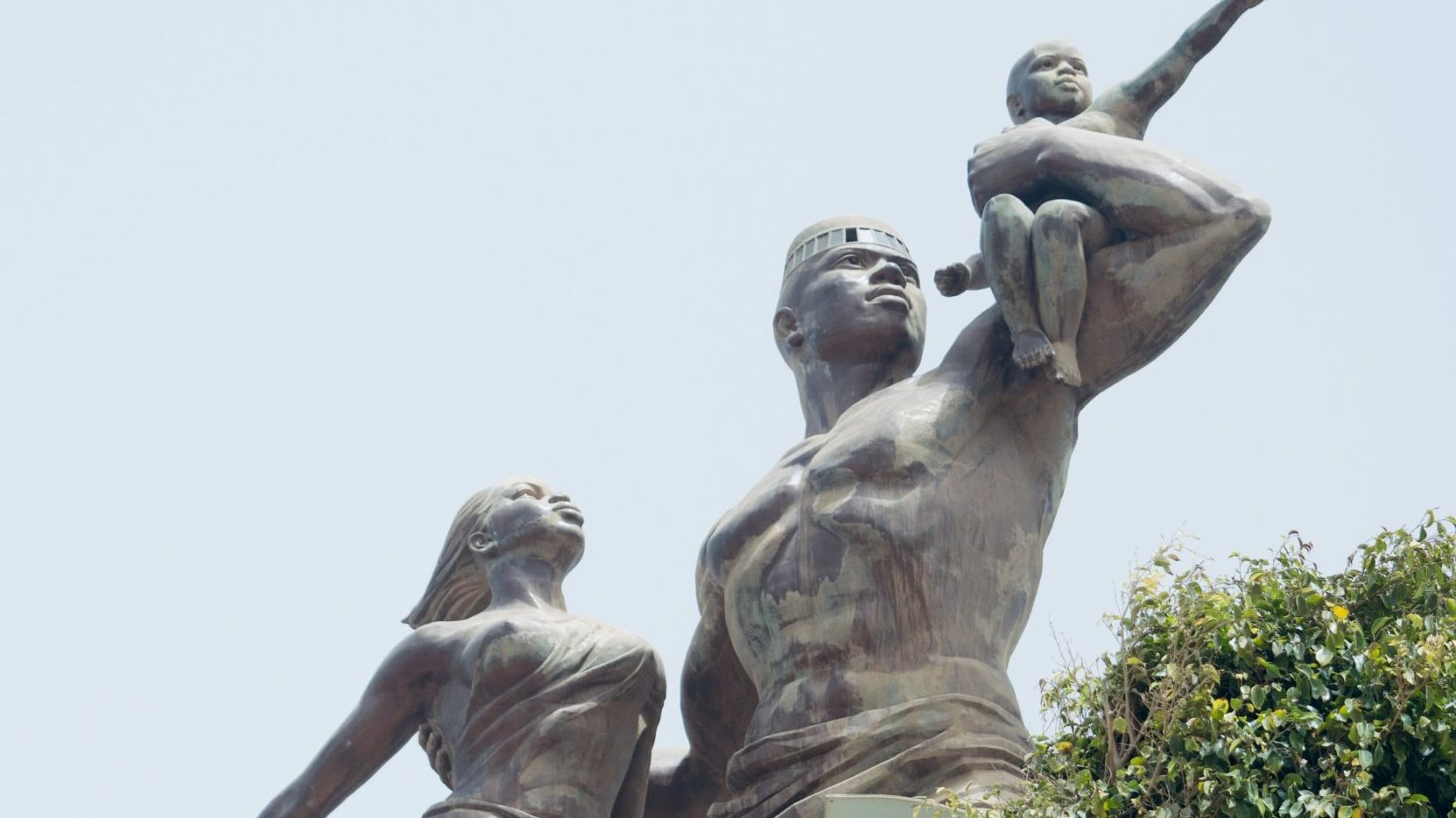
Dakar’s growing startup scene
Dakar’s strength stems primarily from its growing Startup Scene, where it scores 32.08 out of 100. Dakar has been home to an increasing number of coworking spaces and technology parks. Important for Dakar as well as the other cities in Senegal is the continuous government effort to maintain economic and political stability within the country. This contributes to a Macro score of 51.66 thanks to political stability and fast registration processes for startups. Adding to that, Dakar’s strategic position as a future giant startup hub in francophone Africa is a favorable position for the growing startup ecosystem. Finally, and not to be overlooked, Dakar is a very entrepreneurial city; it ranks highly in Entrepreneurial Culture with a score of 78 out of 100, showing that would-be entrepreneurs are not shy to take up the task.
However, there are some genuine setbacks in this ecosystem, and just as seen above, finance is one of the perennial obstacles. One of the ways for startups to get financed is through calls for applications for long-term or short-term projects. These projects may require startup inventions and input. Banks may need startups for system/software upgrades or to modernize their business activities and services. It is very common that banks work with fintechs to get this output. Of course, only very few startups are selected in these projects as Ahmadou Seck highlights the fact that “during calls for applications just a few startups are actually selected as there are too many startups who apply for these offers”. Ahmadou Seck also proposes that “as a startup, you need to apply to multiple offers at the same time before you can finally get an offer”.
Reforming education for a better human capital development
An excellent example of Dakar’s subtle growth is its education system. While the SFI shows a score of 0 for Universities, a lack of educational institutions or universities in Dakar isn’t the reason. Our SFI tracks the number of universities in an ecosystem that are highly ranked according to the Times Higher Education World University Rankings. While none of Dakar’s universities make this list, the city is a regional hotspot for education, even a fiercely competitive one in the case of private universities. There have been several calls to reform Senegalese education into a more hands-on learning approach including a problem-solving focus. Joelle Sow, General Secretary at SenStartup backs this argument as she confirms that “the replica of the French educational system in Senegal is too theoretical”.
The good news is that participation in tertiary education has been on the rise. Shorter programs have been created via training schools like the Virtual University of Dakar which focuses on concise training programs in artificial intelligence. One successful participant was Ahmadou Seck, who completed practical courses for artificial intelligence and later on participated in various startup events with his startup project called Insuris. Seck pitched Insuris during the MEST Africa challenge in 2020 and was among the finalists.
Private companies such as Orange and other incubators also offer various training programs to entrepreneurs. The DER/FJ (Délégation d’Entrepreneuriat Rapide pour les Femmes et les Jeunes) provides support, training and assistance to Senegalese youth and women entrepreneurs in order to empower them. By playing the role of an ecosystem builder, they set up a whole hub including coworking spaces, labs, event spaces, incubator, pre-acceleration, acceleration, and training through their renowned D’Hub 2021-2025 program.

Foreign influence and the role of expats and the African diaspora is considerable in Dakar
Foreign influence is very visible in Dakar, however, it remains a two-sided blade. The country still struggles with its colonial heritage from France in terms of culture, education and also government. “We have a country which adopts foreign culture and systems instead of putting forth a system which works better for us and that could be used as a blueprint for other countries in the sub-region,” says Joelle Sow. However, on the plus side, a lot of foreign companies and investors are now contributing to the ecosystem.
Besides foreign influence, notable government activity relating to investments can be perceived, with the Senegalese SFI performance in grants funded at 1.71 (although relatively small, but existent). In Dakar, the telecom giant Orange supports the ecosystem with tertiary training through its Orange Academy for free. Foreign incubators and accelerators equally support the ecosystem. Last but not least, expats and foreign-educated Senegalese who are coming back to contribute to the economic development and ecosystem of the country play an important role.
Moreover, the role of the diaspora who support their families back home with remittances, most of which are reinvested into small- and medium-sized businesses, should not be neglected. According to data from the World Bank, remittances accounted for more than 10% of the country’s GDP, while FDI was only about 4% of the GDP scoring a 5 out of 100 on the SFI performance for FDI.
Policies towards boosting FDI and Tourism
Because of its “open visa” policy whereby visitors receive a visa in Senegal upon arrival (depending on their country of origin, visitors may not need a visa for up to 90 days), it is comparably easy to enter Senegal. Adding to that, Senegalese citizens are often connected with others from within the sub-region, especially from neighboring countries like Gambia, Mali, Mauritania etc. All these factors contribute to foreigners from these countries being welcomed for business and vice-versa.
Joelle Sow also asserts that SenStartup has policies with government-based institute DER in Dakar to collect considerable and reliable data that may in turn be used by foreign investors who may consider investing in Dakar. Dakar is generally the first city for foreign investments as it has the highest concentration of foreign startups and SMEs in the country. It is no surprise that the country’s FDI has considerably increased over the years. Sources from the World Bank show a massive increase from $272 million USD in 2010 to $983 million USD in 2019. The same source also shows an increase from 1% to 4% of FDI as part of the Senegalese GDP . This shows how important it is for foreign companies to settle in the country.
In addition to the country’s foreign investment policies, Dakar also relies on tourism, as the industry generates 12,000 jobs directly and 18,000 jobs indirectly. 95% of business tourism and events in the country are concentrated in the city of Dakar . Senegal on a national level counts on tourism to stimulate growth and reduce poverty. Despite the effects of the pandemic, tourism still plays a role as a driving force of economic development with the three most important economic features of generation of income, employment and foreign exchange earnings.
